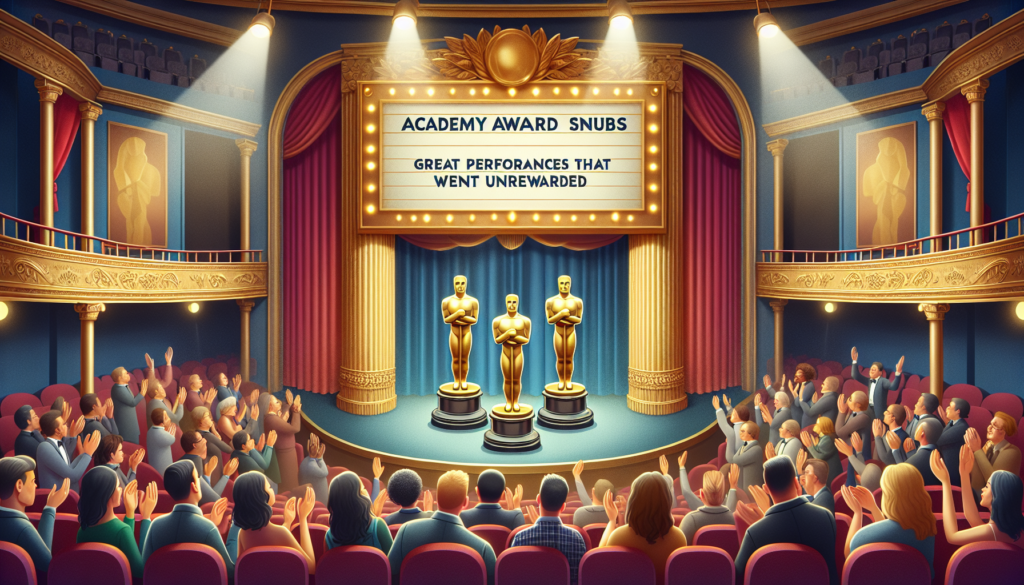The film industry is a breeding ground for creativity and innovation. Yet, standing out amidst a sea of alluring narratives, dynamic performances, and remarkable cinematography are a select group of individuals whose unique vision redefines the art form itself – the great film directors.
Renowned for their distinct storytelling prowess, these auteur directors have shaped and reshaped cinema through their singular vision, illuminating universes audiences had never dared to imagine or, at times, left long forgotten.
Perhaps the most defining characteristic that sets great film directors apart is their ability to leave an indelible imprint on every frame. Their films are a reflection of their worldview or a part of themselves that they wish to bring into the realm of public consciousness. This sense of individuality does not only stem from the content of the stories they tell but also the manner in which they are portrayed.
A great example is Quentin Tarantino, whose unique, non-linear narratives and visceral violence are quintessential of his filmmaking style. His movies have a distinctive, gritty aesthetic that has been hailed as innovative and boundary-pushing.
Similarly, Japanese animator Hayao Miyazaki, founder of Studio Ghibli, brings inimitable traditions of Japanese animation to the wider world. His work is punctuated by a profound respect for nature and the human spirit, often focusing on strong female characters and environmental themes. Miyazaki’s varied themes and unexpected explorations into human emotions have made him a beloved director, watched and admired globally.
The use of consistent and distinctive cinematic techniques is another tell-tale sign of the vision of a great director. For instance, Alfred Hitchcock, known as the Master of Suspense, used novel camera moves and innovative techniques to create suspense and psychological tension. From the chilling score of ‘Psycho‘ to the meticulously constructed sequences of ‘Rear Window‘, Hitchcock’s visual storytelling style is nonpareil.
Similarly, Stanley Kubrick‘s style is flaunted by outstanding technical proficiency, meticulous attention to detail, and symmetry in framing. His films continually challenged traditional norms and invariably evoked introspection on profound themes such as evolution, war, and the nature of humanity, propelling cinematic expression to new heights.
This consistent look and feel across a director’s body of work also extend to recurring themes or motifs. For instance, Francis Ford Coppola skillfully delves into the exploration of power, corruption, and family dynamics in his epic sagas, the ‘Godfather‘ trilogy.
Great film directors leverage their artistic and technical capacity to realize their vision, intentionally using every tool at their disposal from casting, cinematography, sound design, to the tiniest detail of set design. They weave these elements together, creating a self-contained universe that invites audiences to fully immerse themselves in the director’s imaginative world.
In summary, great film directors are artists par excellence, channelling their unique perspective into a medium that encourages others to gain a different outlook on the world. Their films are more than just entertainment, they’re timeless pieces that continue to resonate, spark discussions, and influence successive generations of filmmakers.
Their brilliance lies not just in creating an engaging narrative, but in the way they guide the audience through it, promoting empathy, igniting imagination, and inciting reflection. From Quentin Tarantino’s character-driven, non-linear narratives to Hayao Miyazaki’s hand-drawn visions of fantastical realms, from Alfred Hitchcock’s edge-of-the-seat suspense paradigms to Stanley Kubrick’s introspective explorations, they have each painted the cinematic canvas with distinctive hues, leaving their indelible mark on the annals of film history.
Amidst the mélange of moving pictures, the unique vision of these great film directors shines bright, redefining the art of storytelling and enriching our shared cultural experience. Not constrained by the traditional notions of filmmaking, they dare to dream, innovate, and give us a glimpse into worlds created from their exceptional imagination – a testament to the transformative power of cinema.


